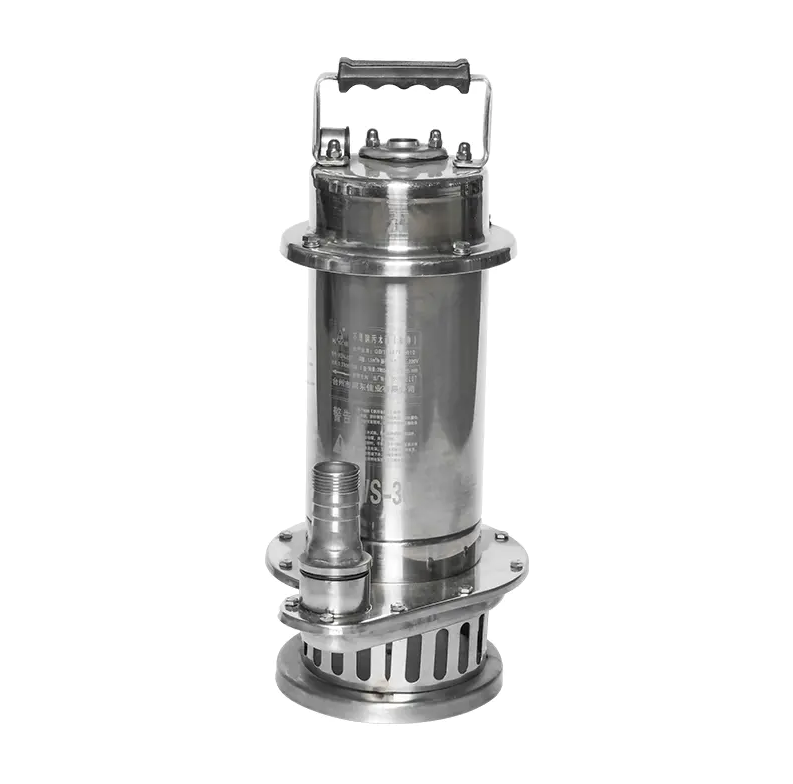Submersible water pumps are essential components in many industries, and manufacturers play a critical role in ensuring these pumps meet the practical demands of their users. From design to production and quality control, the manufacturing process of submersible water pumps requires attention to detail and a thorough understanding of the operating environment these devices will face.
At the heart of any submersible water pump is its ability to function while fully submerged. This feature dictates much of the manufacturing considerations. Manufacturers need to select materials that withstand constant contact with water without corroding or degrading. Commonly, stainless steel and specially treated alloys are used for key components to extend the pump's service life. The sealing system is another crucial aspect; effective seals prevent water from entering the motor housing, which can cause failure.
Manufacturers often start with the design phase by focusing on motor efficiency and pump capacity. The motor must be able to deliver the required power while staying cool, and its design must prevent overheating despite being submerged. At the same time, the pump's impeller and casing are engineered to handle specific flow rates and pressures depending on the intended application. For example, pumps used in irrigation systems may prioritize steady flow, while those for dewatering construction sites may need to handle debris.
The assembly process of a submersible water pump involves precise coordination between components. Manufacturers follow strict protocols to ensure each part fits correctly and functions as expected. Automation and computer-controlled assembly lines are increasingly common to maintain consistency. Each pump often undergoes testing to verify performance under simulated operating conditions, such as varying water depths and flow demands.
Quality control is integral to the manufacturing of submersible water pumps. Manufacturers implement multiple inspection stages to identify defects or weaknesses early. This might include pressure testing seals, checking motor insulation, and verifying electrical connections. Pumps are also tested for durability under different temperatures and water qualities. Such measures aim to reduce failures once the pumps reach the market and begin operation in real environments.
Customization is another important area where manufacturers work closely with clients. Depending on industry needs, submersible water pumps can be tailored in terms of power rating, size, material, and accessories. For instance, pumps for municipal water supply may require certifications for drinking water safety, while industrial applications might need enhanced resistance to chemicals or solids. Manufacturers often develop flexible production lines to accommodate these variations without significantly increasing lead times.
Sustainability concerns are gaining more attention in the manufacturing of submersible water pumps. Some producers now explore energy-efficient motor designs and environmentally friendly materials. This shift not only responds to regulatory requirements but also aligns with market demand for responsible production practices. Using recyclable materials and minimizing waste during assembly can reduce the environmental footprint of the pump manufacturing process.
Logistics and supply chain management also affect how manufacturers deliver submersible water pumps to customers. Timely sourcing of raw materials, coordination with component suppliers, and efficient distribution networks help maintain steady production flows. Delays in any part of the supply chain can impact delivery schedules and customer satisfaction.
The manufacturing of submersible water pumps involves several critical stages, from design and material selection to assembly, testing, and distribution. By focusing on quality control and customization, manufacturers can produce pumps that meet diverse operational needs. Attention to sustainability and supply chain efficiency further supports the production of submersible water pumps that serve a wide range of applications reliably.

